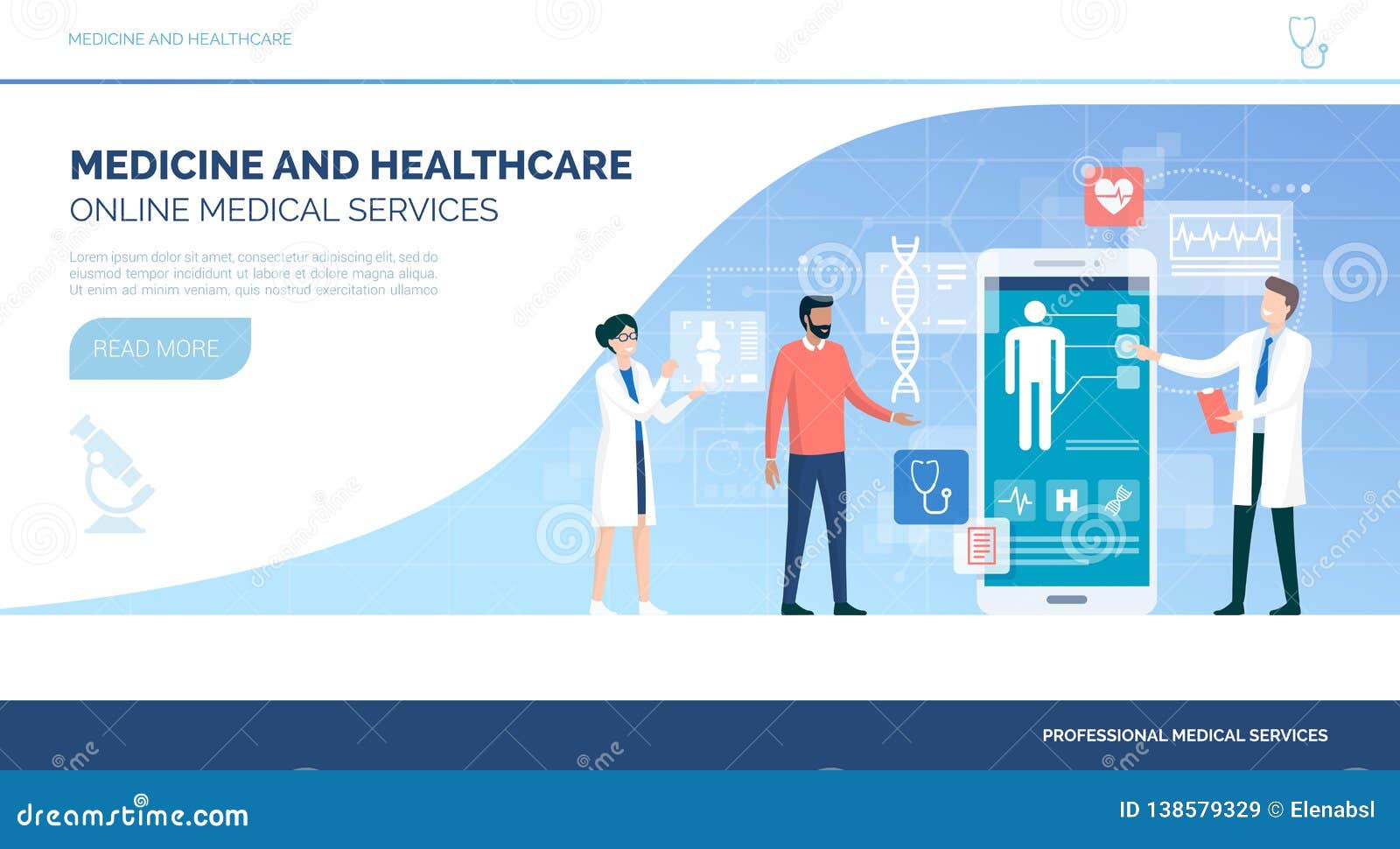The Influence of Subscription Based Healthcare on Traditional Clinical Practices
The Influence of Subscription Based Healthcare on Traditional Clinical Practices
Blog Article
Navigating the Future of Medication With Subscription-Based Medical Care Services
As the health care industry develops, subscription-based services become a pivotal version assuring to reshape client treatment distribution. With the prospective to use streamlined, cost-efficient remedies via foreseeable rates and customized interest, these services stand at the center of modern-day clinical development. Yet, as we consider their rise, one have to contemplate the effects of integrating such systems right into existing health care frameworks. What challenges do they posture in regards to data safety and equitable accessibility, and exactly how might they redefine the patient-provider partnership? The solution to these questions can essentially alter our technique to healthcare.
Surge of Membership Medical Care
As healthcare systems around the world face raising pressures from increasing prices and demand for services, the development of subscription-based medical care designs has actually arised as a transformative trend. This ingenious approach is interrupting typical medical care delivery by providing a predictable, flat-rate settlement structure for medical services. Rooted in the principles of concierge medicine, subscription-based health care permits companies to concentrate on personalized individual treatment while all at once taking care of functional efficiencies.
The increasing consumer demand for transparency and predictability in healthcare expenses has driven the change towards this model. Subscription-based services commonly use direct accessibility to healthcare experts, which can reduce the management concerns linked with insurance policy cases and compensations.
This design is getting grip amongst diverse healthcare providers, from primary treatment doctors to specialized clinics, by aligning monetary incentives with preventative and continuous treatment. By changing the focus from volume to value-based care, registration medical care has the possible to improve the landscape, fostering a more sustainable and patient-centered approach to health administration.
Advantages for Individuals

In addition, subscription-based solutions often highlight precautionary care, motivating normal examinations and health screenings. This positive technique can result in very early detection of wellness problems, potentially improving end results and minimizing lasting healthcare prices for people. Moreover, such designs typically provide clear prices, enabling people to much better understand their medical care expenditures and prevent unforeseen clinical costs.
The customized nature of subscription-based healthcare likewise improves patient experience. Individuals can receive tailored healthcare plans that suit their particular demands, cultivating an extra patient-centric approach.
Technology's Role in Improvement

Expert system (AI) plays a vital role in predictive analytics, helping in very early diagnosis and customized therapy strategies. AI formulas assess large datasets to identify patterns that could be overlooked by human monitoring, therefore improving scientific decision-making. Additionally, digital health records (EHRs) simplify person information administration, ensuring connection and coherence of treatment throughout different solutions and companies.
Blockchain innovation enhances information safety and personal privacy, critical for maintaining person count on electronic platforms. It enables clear and secure purchases of medical information, making sure that delicate details continues to be secured. With the assimilation of equipment knowing and AI, blockchain can automate complex health care procedures, minimizing management worries.
Difficulties and Factors To Consider
While technology propels the capacities of subscription-based health care solutions, it additionally presents a set of challenges and considerations that must be addressed to guarantee successful implementation. One substantial difficulty is the equitable accessibility of these services.
Data privacy and protection represent another important consideration. Subscription-based solutions often involve the collection and storage space of huge amounts of personal health information. Suppliers need to follow rigid data security guidelines to preserve patient depend on and avoid unauthorized gain access to, which might bring about substantial ethical and lawful repercussions.
Moreover, the sustainability of subscription versions poses a challenge. As health care requires evolve, maintaining a cost-effective balance between registration charges and solution high quality is essential to stop patient frustration and attrition. Moreover, incorporating these solutions within traditional medical care systems requires smooth interoperability in between systems, which is commonly a complicated and resource-intensive endeavor. Addressing these challenges is necessary as subscription-based healthcare services remain to evolve and increase.
Future Ramifications for Medication
Subscription-based health care services are poised to significantly influence the future landscape of medicine by improving just how care is accessed and supplied. These models provide the possible to equalize health care gain access to, description supplying individuals with even more prompt and personalized treatments. By leveraging innovation, such as telemedicine and data analytics, membership services can facilitate constant tracking Read Full Report and customized wellness administration, therefore enhancing results and reducing the worry on typical healthcare systems.
As these solutions gain grip, they could promote a change towards preventative treatment, stressing the importance of early detection and administration of persistent conditions. This aggressive technique may ultimately decrease health care prices by reducing the demand for pricey therapies arising from late-stage condition management. Membership versions use a scalable remedy to resolve variations in healthcare access, particularly in underserved or rural populaces.
Nevertheless, the transition in the direction of subscription-based models requires attending to regulative and ethical considerations, including information privacy and equitable access. As the market advances, collaborative efforts in between policymakers, innovation developers, and health care companies will certainly be crucial to establishing robust structures that secure client passions while cultivating innovation. Eventually, these solutions promise to contribute dramatically to a more efficient, patient-centered health care environment.

Final Thought
Subscription-based medical care services represent a substantial evolution in the medical area, offering predictable expenses and individualized treatment that enhance ease of access and focus on safety nets. Technological improvements, such as telemedicine and AI-driven analytics, promote customized patient experiences, improving general health and wellness end results. Nonetheless, challenges such as data privacy and equitable access have to be resolved to make certain the widespread benefits of these services. As the healthcare landscape evolves, subscription models are positioned to play an essential role fit the future of medicine.
As the healthcare sector progresses, browse around these guys subscription-based services arise as a crucial design guaranteeing to reshape patient treatment shipment.As healthcare systems around the globe face boosting pressures from increasing prices and need for solutions, the introduction of subscription-based healthcare versions has arised as a transformative trend (subscription based healthcare).With the rise of subscription-based medical care models improving standard healthcare distribution, individuals are beginning to experience substantial benefits from this cutting-edge method. As medical care needs advance, preserving an economical equilibrium between registration fees and solution quality is crucial to protect against individual dissatisfaction and attrition.Subscription-based healthcare solutions are positioned to substantially influence the future landscape of medication by improving how treatment is accessed and delivered
Report this page